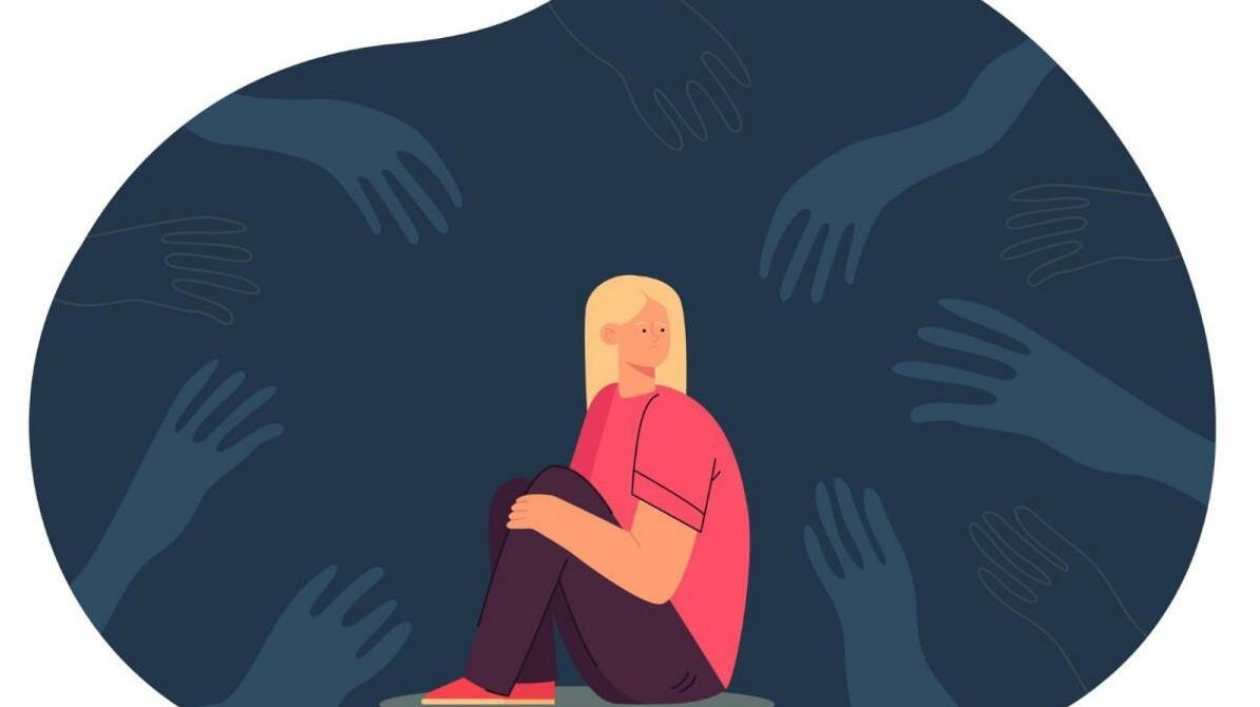Kindergarten teacher Ruth* is part of a select group of individuals who genuinely adore their profession. Living in Fujairah, she has dedicated much of her career to working with young children, who bring her immense happiness. "When a lesson clicks, it's incredibly rewarding to witness the spark of comprehension in the students' eyes," she explains, reflecting on her passion for teaching. However, her journey hasn't been without challenges. In a previous role at an international school, Ruth faced physical and verbal abuse from students, including being hit, insulted, and having objects thrown at her. She agreed to speak anonymously due to her ongoing career and fears of retaliation.
"Last year, I dealt with a student who would casually insult teachers and throw objects without provocation," she recounts. Ruth, a seasoned educator, emphasizes that this wasn't typical misbehavior due to emotional regulation issues. "Some children act out because they're overwhelmed, but that's usually easy to identify," she notes. In higher grades, incidents could escalate, such as when a secondary school teacher was physically and verbally assaulted by a student for not altering test scores, despite giving the student a second chance.
Teaching assistants also faced severe bullying. Ruth's assistant was physically attacked by a student, whose parents dismissed the incident as normal. Yet, the student never acted out against Ruth, indicating he understood the boundaries. Bullying and harassment discussions often focus on children but overlook that teachers can also be victims. Teachers rarely discuss these issues publicly, fearing school management will side with students and parents, potentially leading to job loss.
Psychologist and relationship coach Sangeeta Manglani notes that bullying towards teachers is less discussed but still prevalent. "These situations are less reported due to authority dynamics, embarrassment, and fear of escalation," she explains. The UK-based Anti-bullying Alliance defines bullying as repetitive, intentional harm by one party against another with a power imbalance. This behavior can be physical, verbal, or emotional and is a global issue requiring urgent attention.
A 2019 article in The Conversation revealed that nearly every Australian teacher has experienced bullying from students or parents, with similar incidents reported worldwide, even in countries where teachers are highly respected. Last year, South Korea enacted a law to protect teachers from bullying by parents, following a teacher's suicide. Dr. Paul Gelston, a clinical psychologist, describes bullying as deliberate, aggressive behavior aimed at causing distress. However, he notes that direct personal attacks on teachers are less common, with more typical disruptive behavior in classrooms.
The KHDA encourages schools in Dubai to have inclusion departments to support students with additional needs, ensuring a well-supported environment for all. Common bullying tactics include defiance, such as ignoring teachers, incomplete homework, and creating classroom disturbances. Older children may exhibit confrontational behavior or make false complaints against teachers. Fatima*, an English teacher in Dubai, witnessed a colleague being relentlessly targeted by students and parents, leading to emotional distress.
Fortunately, the school supported the teacher, and the situation improved as students' grades improved. Sangeeta Manglani once counseled a student who avoided class discussions, revealing underlying family dynamics affecting the child's self-esteem. With counseling, the child showed gradual improvement. High school teacher Susan* has mostly enjoyed her career, despite a previous school's negative experience where students were disrespectful and disruptive.
Susan, trained to handle physical fights among students, once intervened in a post-school brawl, fearing for her safety. Despite such incidents, she remains committed to teaching, driven by her love for the profession and the potential to positively impact students' lives. "I know kids aren't inherently bad. They're like sponges, eager to learn," she smiles.






